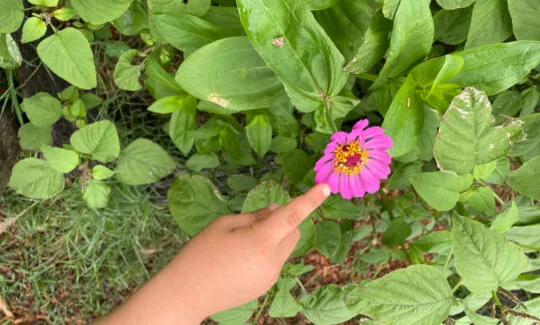Busting The Myths Behind Raising Children With More Than One Language
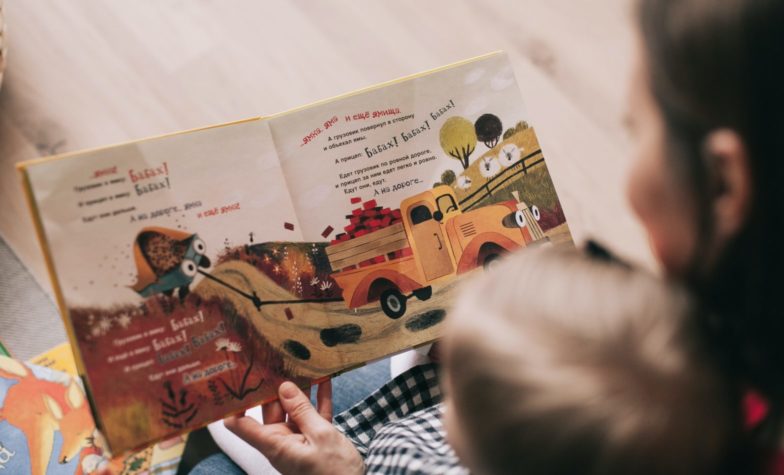
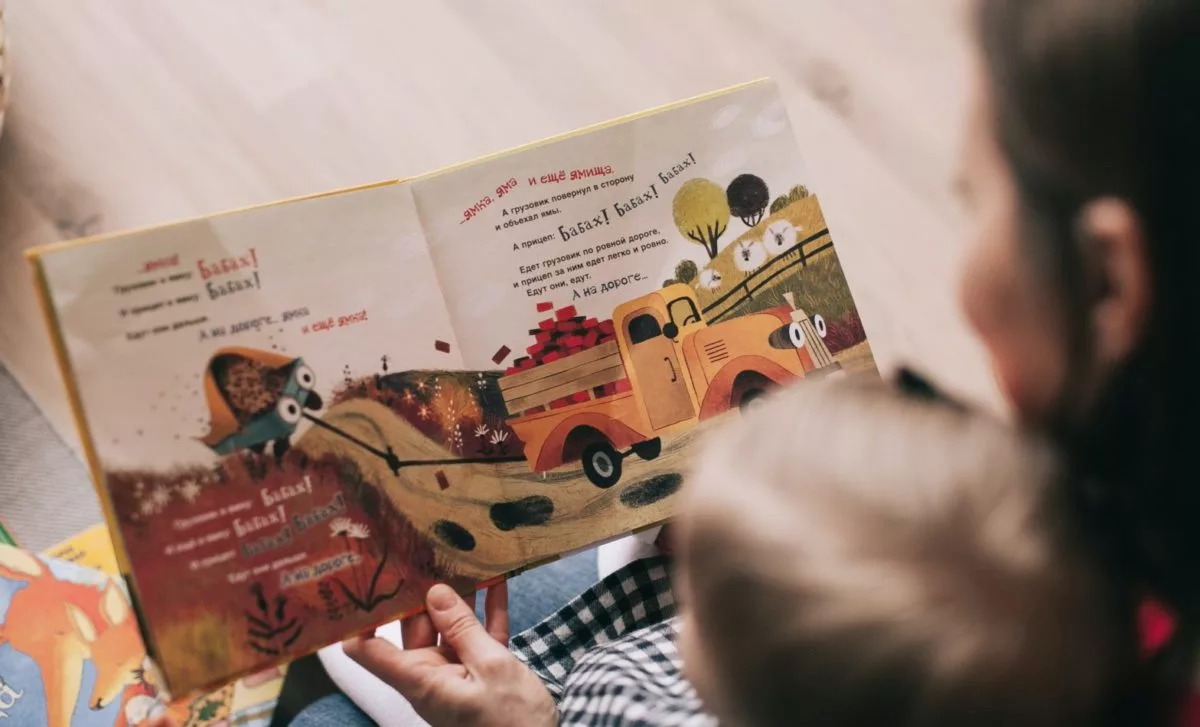
Let’s explore some common questions:
Does learning more than one language cause language delay?
No.
Children who are learning more than one language from very early on may begin to speak their first words at about 15 months of age, roughly three months later than is typical for monolingual children. After this their language generally develops along the same patterns and timelines as a monolingual child.
It is not uncommon for one language to develop more strongly than the other. It is important to consider a child’s total vocabulary (across both languages) as this is often found to be comparable to the total vocabulary of monolingual children of the same age.
Is it typical to mix languages?
Yes.
Talking with a combination of English words and words in a second is typical – it is known as code-mixing. Children will adjust their code-mixing to suit who they are talking to. Children may code-mix to include a word in one language that is not known in another, or to use a word that is easier to pronounce.
Adult bilinguals code-mix too when speaking to other bilinguals. It is often used to emphasize something or express emotion.
Should my child be speaking equally well in both languages?
No.
Most bilingual people are not equally proficient in each of their languages and often have a dominant language. Children will typically be most proficient in the language they have had the most exposure to, opportunity to practice speaking and hearing, and motivation to speak.
Do I need to expose my child to both languages from birth for them to become bilingual?
No.
There are benefits to both exposing children to a second language earlier in life and later in life. Children exposed to two languages from a young age have been found to have a better native-like pronunciation and better long-term grammatical skills in a second language.
Children learning a second language a little bit older (such as from middle primary school) already possess more advanced cognitive skills and have experience with literacy and schooling, which are advantageous in learning vocabulary and grammar in the second language.
Remember, there are countless people around the world who started learning a new language during school and are now proficient speakers. If your child has not been exposed to a language from birth, it does not mean they will never speak it fluently.
What is the best approach to raising a bilingual child?
There is no one-size-fits-all approach to raising a child with more than one language. Parents are recommended to speak in the language that feels most natural and comfortable to them. There are some methods that are commonly discussed for raising a bilingual child. One method is the One Parent, One Language (OPOL) approach – where each parent consistently speaks one language to a child. Another is to speak one language at home, and another language when outside the home. These may work for some parents. However, other parents can become anxious trying to stick to these methods and may feel like they are “failing” if they speak English to their children. It’s common for parents trying the OPOL method to switch to English to speak with each other, as parents don’t always speak the same languages. It’s important parents don’t feel bad that their approach is not “perfect”. Instead, focus on using language in a way that works for your family.
Also remember you are not doing it alone. The most important thing is to maximise opportunities for your child to hear and practice their languages. The more people they can speak with and play with, the better. You can try to join in community activities like bilingual story time, organise regular video calls to grandparents or other family members, play dates with other children who speak your language, or enrol in a language school.
“Since being immersed in English, my child is refusing to speak in our home language.” Why?
This situation may arise as children’s exposure to English increases (with their day care attendance) as well as their motivation to speak English to their new preschool friends. Language Attrition is the gradual loss of the first language, as the second language is used more often. It is influenced by desire to blend-in to the new environment, extra exposure to the new language, and fewer opportunities to hear and use the home language. They also are spending a lot of time in an English environment, so all their stories from the day happened in English! They want to tell you about it in the same language they were using when it happened.
Some ways to work through this include:
- Keep speaking your home language. You may be met with demands such as “No! Speak English!”. You may also end up having conversations where you speak your home language and your child replies in English. This still gives them exposure to your language.
- Expose your child to the vocabulary they need in their home language. As your child grows up, they will learn many more words that are specific to their preschool and school environment which you might not use at home. Talk to them about “morning tea”, “assembly”, “fire drills”, “excursions”, “show-and-tell”, “roll call”, and other specific school words in your language.
- Find desirable activities, books, and shows that are only available to your child in your language. Some parents find versions of popular books and shows in their language and give these to their child from birth. Many children don’t even know that Bluey can speak English because they have only ever seen the Chinese version!
- Spend time with people who can only speak your language. Often grandparents are wonderful in this role. You child will need to speak your language to communicate with Grandma and Grandpa.
My child has a diagnosed language or speech delay. Should I stop speaking my language?
No.
Children with communication delays have a difference in the way they can learn, understand, and use language. It occurs no matter which or how many languages a child learns. Often well-meaning professionals such as doctors, nurses, teachers, even some speech pathologists will suggest that parents of a child with a language delay should stop speaking their second language. This is outdated advice and should be ignored. While changing to one language may show short term improvements because the child now has extra practice of only one language, it has long term impacts. If the child grows up only speaking English, they may not be able to speak with family members, connect to their culture, or find work opportunities overseas. It is important to find a speech pathologist who can support your child’s language development in all their languages.
Grow With Us parenting webinars – Raising Bilingual Children
Our enrolled families can learn tips and advice on raising bilingual children via our Grow With Us parenting webinars. In the Q&A style webinars, the superb OAC Speech Pathologists will address the common myths on raising a child with more than one language and provide information on what to expect with their language development. Talk to your Campus Director to find out more about upcoming webinars.
For more interesting reads see:
The Stages of Language Development In Children
The Importance of Reading At Every Age
Only About Children can help your child to grow, make friends and explore the world.
Only About Children can help your child to grow, make friends and explore the world.
Related Reads
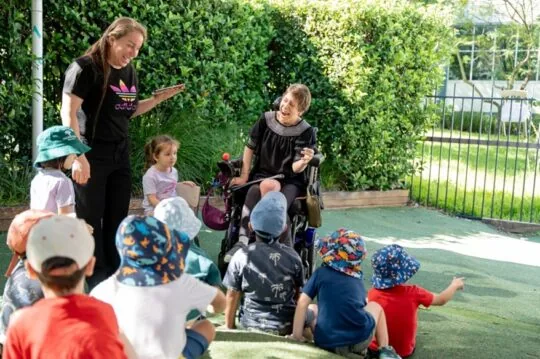
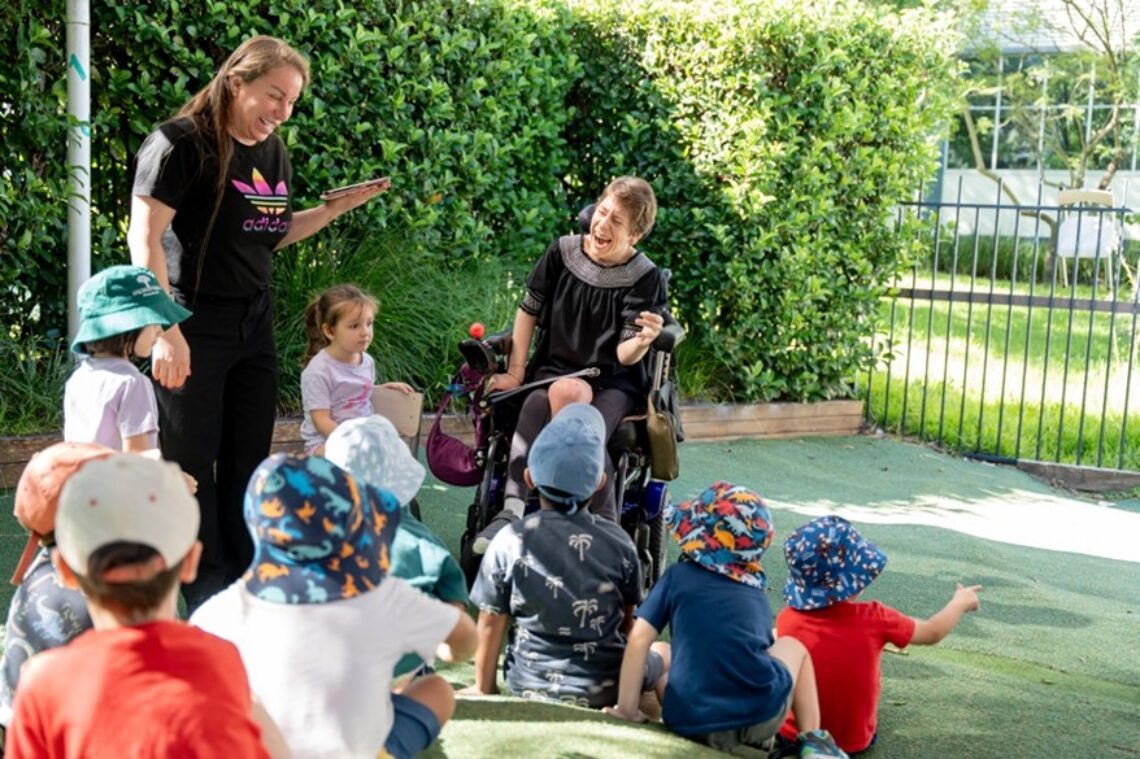
Bec Celebrates 10 Years Working In Her Dream Job At OAC Concord
Rebecca Donatiello (Bec) celebrates 10 years working and learning at Only About Children Concord.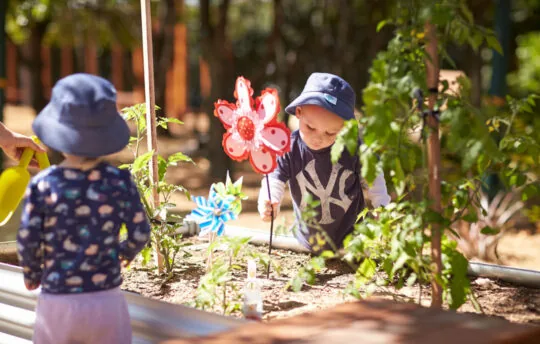

Choosing The Right Preschool/Kindergarten For Your Child
Choosing the right Preschool/Kindergarten for you child can be a daunting task. When exploring the ideal preschool choices for your child, there is no need to navigate blindly. Simply by asking the right questions, you can find the perfect match.